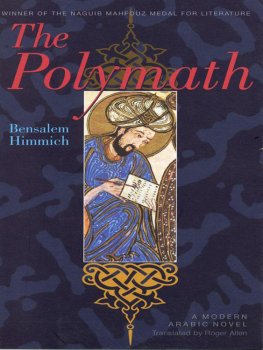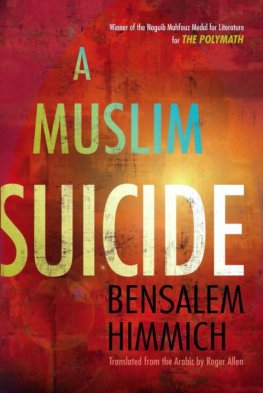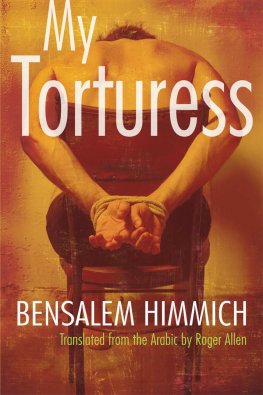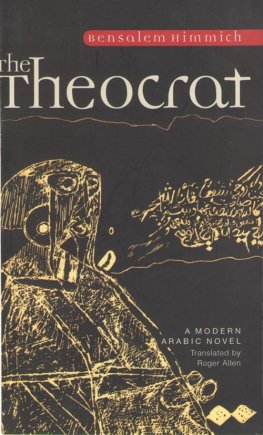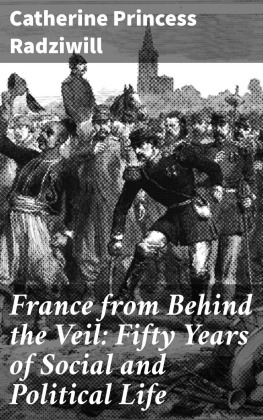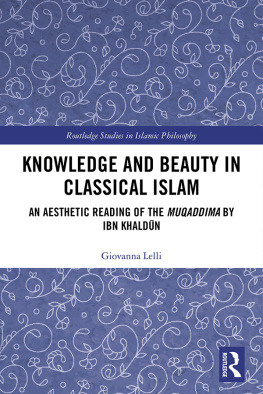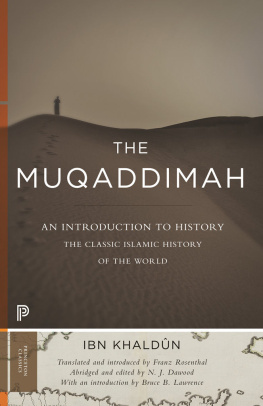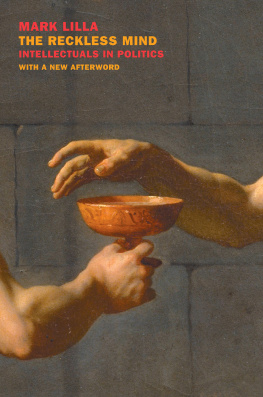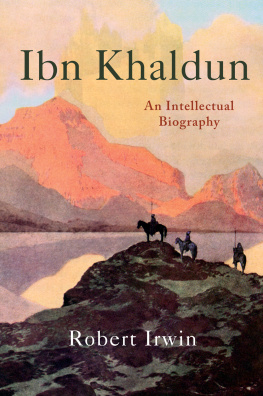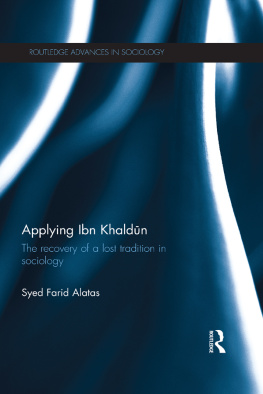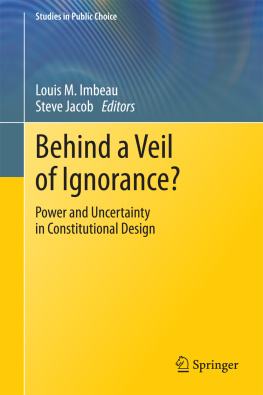Bensalem Himmich
The Polymath
Albert Hourani, with whom I had the good fortune to study Middle Eastern history during my time at Oxford University, used to admit that he often found it very hard to dissuade students who came to study for graduate degrees with him from writing about Ibn Khaldun. This was particularly the case with students from the Middle East itself. The number of studies devoted to various aspects of the life and thought of this great Tunisian-born scholar, our polymath, is certainly large, but there can be little doubt that his status in the world of history and historiography is fully deserved. For not only were his works written from the unique perspective of someone who was born, raised, and educated in the Western parts of the Arab-Islamic dominions (the Maghrib the Arabic word implying the place where the sun sets, the West), but also his penchant for theorizing about the phenomena that turned the region into such a turbulent place in which to live and work has traditionally been viewed as the beginning of what has since emerged as the social-scientific method. And now Bensalem Himmich has taken the interest one stage further by turning this historian and his historical surroundings into the topic of a novel.
Himmich, born in 1949, teaches philosophy at the University of Muhammad V in Rabat, Morocco. He himself has written an academic study of Ibn Khalduns philosophy of history, al-Khalduniya fi daw falsafat al-tarikh (1998, Khaldunism in the Light of the Philosophy of History). One can perhaps surmise that the process of preparing for and writing such a study provided at least part of the impetus for following it up with a novel devoted to the same basic subject. For The Polymaths focus assumes almost vertiginous proportions: a university teacher of the history of philosophy and historical novelist here presents his readers with a novel about a historian, Ibn Khaldun (d. 1406). Exiled from his native region of the Maghrib, Ibn Khaldun (or Abd al-Rahman as he is described for much of the novel, using one of his forenames) spends his latter days in Egypt. In a tremendous personal tragedy his family his wife and children have been drowned at sea in the process of joining him in the Egyptian capital. The aged and lonely historian lives in Cairo, now controlled by the Mamluk dynasty, and ekes out a modest living by teaching and serving as judge of the Maliki school of law whenever, that is, he is not being dismissed because of the rigor that he brings to his judicial functions. To compensate for his loneliness and disillusion, he decides to revisit his earlier works on history and its science and to rework those sections of them that are in need of either revision or complete rewriting in the light of the tumultuous events involved in his own experiences with rulers and tyrants in North Africa. A historical novelist and philosopher of history is here writing a novel about a historian rewriting his own historical record and his theoretical conclusions based on an analysis of its contents. In brief then, neither the topic, the sequence, nor the technique of this novel link it directly to the more familiar strands in novel writing, whether on the local Arab-world stage or within the larger perspective of world fiction. Therein, for me as translator, lies its primary interest and importance.
At this juncture, I have to acknowledge that the process of translating this Arabic novel into English has presented a number of challenges. Translations from other languages have always served the valuable function of introducing to literary cultures fresh and strikingly new ideas and modes of expression. In the realm of art and culture of English expression, for example, the impact of the various translations of the Biblical text and perhaps most notably the King James Version on style, imagery, and proverbial utterance has been incalculable. Within such a context of cultural transfer, translators thus find themselves regularly operating along a spectrum of choice between the familiar and the strange. My own preference as a translator has always been to give the latter quality its fair share, not least because the process of familiarization to an English-speaking cultural milieu, if taken too far, runs the risk of being viewed as a somewhat undesirable form of cultural hegemony whereby one culture perceives itself as stronger than another. In the case of Bensalem Himmichs The Polymath, these principles and choices come up against the realities of a work of fiction (a novel of historical imagination, as the author himself terms it) that is firmly grounded in its indigenous tradition, a work in which the principal character is a renowned historian who provides ample illustration of his ideas from his own life experiences. The narrator of this novel whether it be the third-person, external narrator in certain chapters or Ibn Khaldun in the first person in others assumes a great deal on the part of the readers knowledge regarding Islamic beliefs and institutions and the history and geography of Spain, North Africa, Egypt, Syria, and Central Asia. The resulting montage of geographical detail and historical information is not a little daunting, not only for the reader of its translation, but also for native speakers of Arabic. It is that fact that has brought the scholarly side of me somewhat reluctantly to bear on the translation process and its adjuncts.
As a consequence, this translation is provided with a glossary in which I have tried to provide historical, geographical, and cultural details for those who feel a need for them. Those readers of translations (of whom I myself tend to be one) who prefer not to be interrupted by such external information will not be distracted by note numbers in the text and can confront this narrative on its own terms. All dates in the text appear in their Islamic (Hijra) form. To make an approximate calculation of the equivalent Gregorian year, the reader can add 620 to the Hijra date. One other change has been made in an effort to make the text more accessible to readers of English: book titles that were of course in Arabic in the original are now rendered in English. More complete information on many of these book titles and important dates will be found in the glossary. Finally, Quranic quotations are peppered throughout the narrative. These appear in italics and their exact location within the Quran can be found in the concordance after the glossary.
The life of the world-renowned historian, Abd al-Rahman ibn Khaldun (who hailed from the Maghrib), was often affected by the ups and downs of politics, events that, more often than not, were triggered or terminated by a deterioration in the relationship between himself and the ruling authorities. Unlike most scholars and politicians of the era, he was inclined to make light of the consequences of such upheavals; rather than give way to resentment and despair, he welcomed them. That is why the siren call of scholarship would often rouse him to seek opportunities that would allow him to retire to the privacy of his own quarters for indeterminate periods.
Abd al-Rahman had no experience in the various arts of subterfuge and intrigue nor was he savvy when it came to political infighting. That was because he adamantly refused to involve himself in the political life of his times. Where facts and learning were concerned, he refused to accept anything that was either flimsy or unrigorous. Had he been willing to condone either category God forbid he could simply have been categorized as yet another jurist of darkness, judge of iniquity, and agent of evil one among many human foxes and wolves who thronged around the cupboards and kitchens of government in those days.
One of the last of these dark circles that brought our revered Master into contact with the rulers of the time saw him, garbed in his Moroccan attire, appointed by Sultan al-Zahir Barquq in 786 as Maliki judge in the Salihiya College on Bayn al-Qasrayn Street in Cairo. From such a vantage point, our Maliki judge was in a position to assess the other side of Cairo life. Upon his arrival there a mere two years earlier, he had described the city as the center of civilization, the garden of the world, and the very portico of Islam; he had compared the River Nile with the river of paradise. But by now he had discovered Cairos other side: the utterly corrupt practices and customs, the overwhelming power in the hands of wealthy and influential people, and the suffering of the poor and indigent. He himself describes the situation in his

